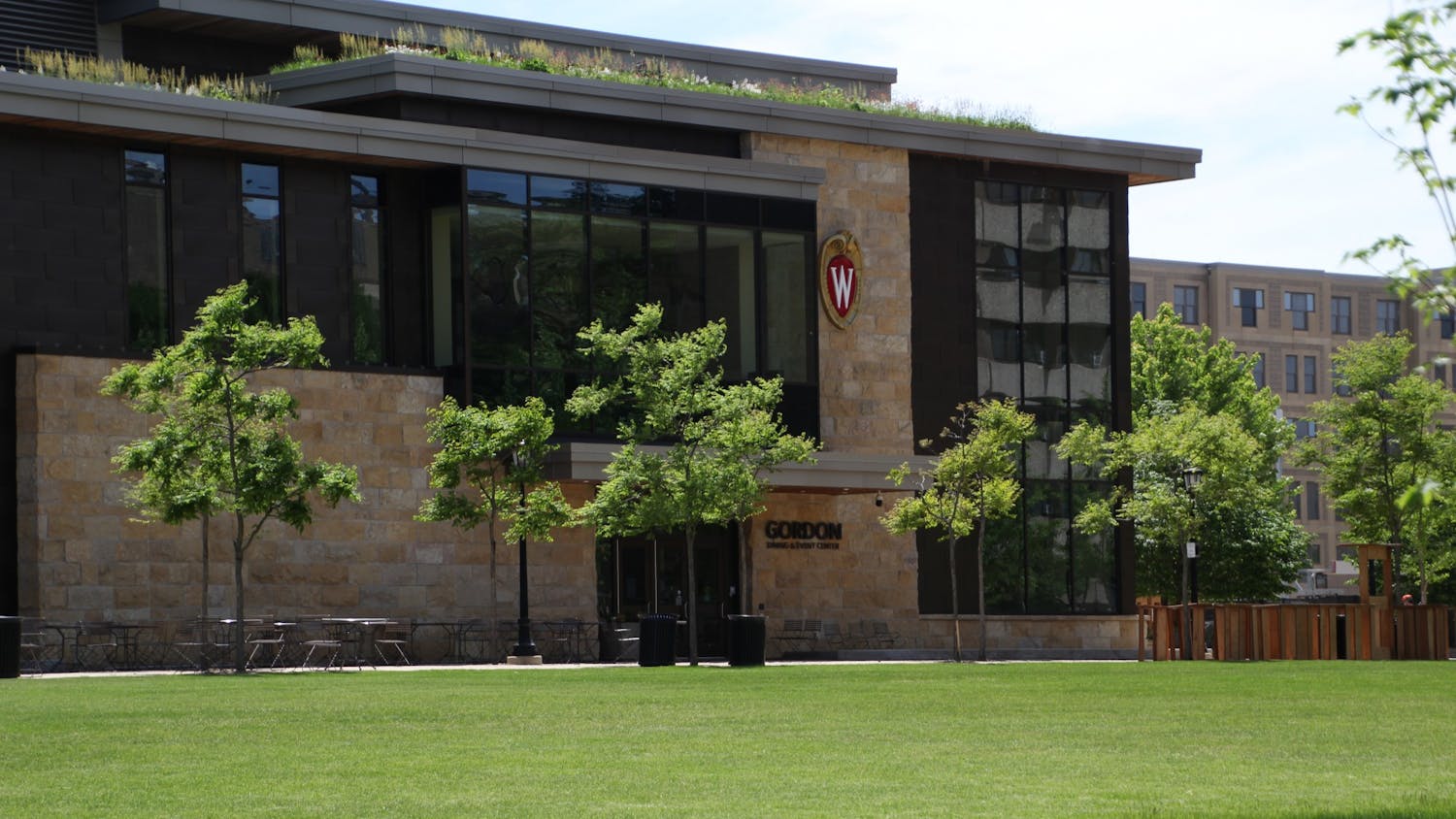Echoing the concerns of Mayor Paul Soglin, a Madison city attorney cautioned against the adoption of a resolution labeling part of the City-County Building a “safe space.”
City Attorney Michael May said in a memorandum Friday that the resolution, proposed by Ald. Shiva Bidar-Seilaff, District 5, is vague and could mislead members of the community.
Bidar-Seilaff’s resolution condemns President Donald Trump’s recent executive orders regarding immigration, and establishes Madison as a city open to immigrants. It also designates Madison’s Common Council Office as a “safe space” where all members of the community will have access to phone interpreter services and information on immigrant rights.
“[The] City of Madison has a proud history of supporting policies that prohibit discrimination based on race, ethnicity, national origin, religion, sexual orientation, and disability,” the resolution reads. “Madison is dedicated to providing all of its residents fair and equal access to services, opportunities and protection.”
May criticized the original wording of the resolution, stating that the designation of the city council office as a “safe space where all residents may enter and will be safe and protected” was overly vague.
After Bidar-Sielaff’s proposed substitute clause changed the sentence to “a safe space where all residents may readily obtain phone interpreter services and immigrant rights information,” May acknowledged the language was “much clearer” in that it specified the council’s office is a place to find services rather than asylum. However, he still expressed reservations about the use of the word “safe.”
“I still would caution that the use of the word ‘safe’ does not add anything, and does not change what the City will do with respect to immigration enforcement,” May said in a memo to the members of Common Council. “My concern remains that this language may mislead some members of the community to expect something the City will not deliver.”
May sent the memo two days after Soglin expressed similar concerns about the resolution.
“The consequences of declaring the offices a ‘safe space’ can be disastrous,” Soglin said Wednesday. “Let us avoid a futile gesture that may make us feel good, but that does not add to the sanctity of our position.”
Although May said he “would prefer [the word ‘safe’] not be included in the resolution,” he conceded that the second version of the resolution—where the services that the council’s office will provide are explicitly stated—will likely avoid any confusion.
May concluded his memo by encouraging those seeking privacy to remain in their homes.
“Homes are protected by the Fourth Amendment from unreasonable searches and seizures,” May said. “The same rights do not apply in a City office.”






